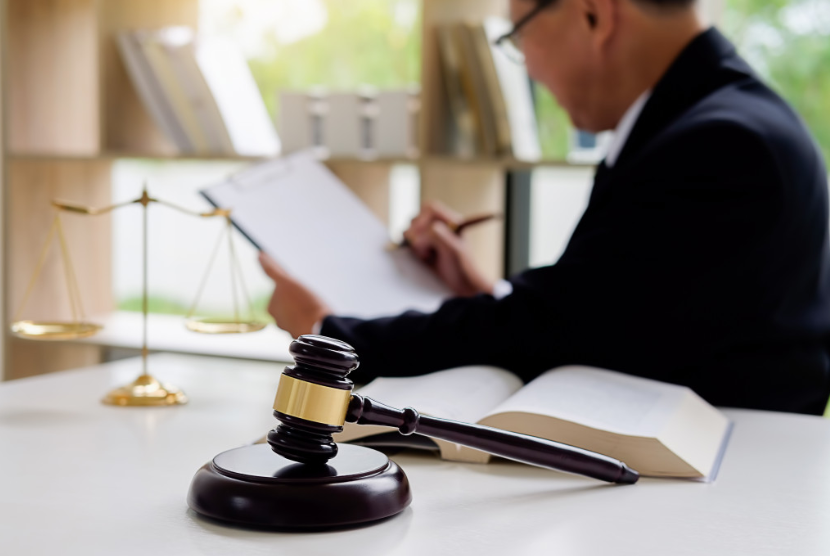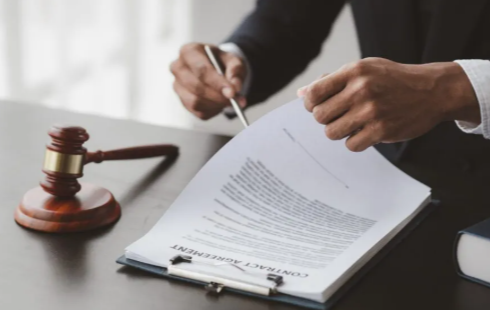Untangling Clues in Corporate Legal Proceedings
Corporate legal proceedings often revolve around examining complex disputes involving contracts, partnerships, or compliance. At the center of these cases lie intricate webs of evidence that must be unraveled to uncover the truth. This is where the role of investigations becomes indispensable, providing legal teams with reliable data to make their cases stronger. By gathering evidence, analyzing information, and supporting dispute resolution, investigators play a pivotal role in achieving fair outcomes.
Here, we explore the critical role investigations play in corporate legal proceedings and break down how the meticulous work of specialists ensures the integrity of the legal process.
The Importance of Investigations in Corporate Legal Cases
Corporate legal disputes often require an exhaustive examination of facts to build strong claims or defenses. The stakes can be enormous, ranging from financial settlements to reputational risks. Investigations provide the foundation on which these cases are built, ensuring all parties are held accountable and fair resolutions are achieved.
Why Investigations Are Key
- Establishing Facts: Legal proceedings rely on verifiable facts rather than assumptions. Investigators dig deep into financial records, communication logs, and other evidence to provide a factual basis for arguments.
- Uncovering Hidden Issues: Fraud, misconduct, or breaches of contract often lie beneath the surface. Investigations expose these issues, whether through forensic audits, interviews, or digital analysis.
- Minimizing Risk: By identifying possible weaknesses in a case, investigations help legal teams address vulnerabilities before entering negotiations or court proceedings.
Without thorough investigative work, cases can collapse under the weight of incomplete or unreliable information.
How Corporate Investigators Gather Evidence
Building a robust legal strategy begins with obtaining credible evidence. The investigation process is both comprehensive and methodical, requiring expertise to ensure all relevant information is uncovered.
Conducting Forensic Audits
Financial irregularities are a frequent focus in corporate disputes, and forensic audits are a key tool investigators use to expose discrepancies. By carefully analyzing financial records, invoices, and contracts, investigators can identify fraudulent activity, embezzlement, or mismanagement.
- Evaluation of Financial Statements: Corporate investigators scrutinize expense reports, reconciliations, and balance sheets for anomalies.
- Traceability: Transactions are traced back to their origins to determine legitimacy, offering clarity on how funds have been allocated or misused.
See also: Support Strategies After a Roadside Arrest
Reviewing Communication Channels
Communication records often hold critical insights into disputes, such as evidence of collusion, breaches of confidentiality, or contract violations.
- Email and Document Analysis: Investigative teams utilize advanced software to sift through thousands of emails, memos, and contracts to uncover hidden patterns.
- Interviews and Depositions: Face-to-face interviews with employees or stakeholders provide additional context that supports evidence gathered during document reviews.
Digital Forensics and Cybersecurity
Modern investigations also focus heavily on digital footprints. Digital forensics involves recovering and analyzing electronic evidence from servers, computers, and cloud systems. This can include recovering deleted files, investigating hacking attempts, or tracing unauthorized access to sensitive corporate data.
Analyzing and Interpreting the Data
Beyond gathering evidence, investigators analyze and contextualize findings to strengthen legal arguments. Data without interpretation is often meaningless; skilled investigators ensure that everything uncovered contributes to the larger picture.
Connecting the Dots
Sometimes individual pieces of evidence may seem insignificant on their own, but when combined, they can reveal powerful insights. Whether it’s linking financial discrepancies to evidence of fraud or mapping communication pathways in a conspiracy, investigators specialize in connecting these dots to build compelling narratives.
Crafting Reports and Summaries
Once evidence has been reviewed, investigators prepare detailed reports summarizing their findings. These reports include thorough documentation, visual aids like graphs or timelines, and professional conclusions. Their structured format ensures that legal teams can easily integrate findings into their cases without additional interpretation.
Supporting Litigation Teams
Investigators often work closely with legal professionals, providing expert insights on the technical aspects of their findings. For example, a business litigation investigator in Lakeland could accompany attorneys to court to offer testimony that explains complex evidence clearly to judges or juries, adding credibility to the case.
Supporting Dispute Resolution
Not all corporate legal cases head to trial. Many are resolved through negotiation, mediation, or arbitration, and investigators play a key role in these outcomes as well.
Providing Leverage in Negotiations
Evidence-backed arguments often provide leverage in corporate mediation or settlement talks. When both sides acknowledge the strength of investigative findings, disputes are more likely to be resolved without prolonged litigation.
Aiding Arbitration Processes
During arbitration, evidence gathered by investigators becomes a crucial tool for ensuring fairness. Clear and objective findings help arbitrators make informed decisions, potentially speeding up the resolution process.
The Role of Ethics in Investigations
Integrity is critical during corporate investigations. Skewed findings or unreliable practices can breach ethical or legal standards, threatening the broader case and the investigators’ reputations. Ethical practitioners strictly adhere to local laws, prioritize confidentiality, and ensure that collected evidence is admissible in court.
Conclusion
Thorough investigations are the backbone of successful corporate legal proceedings. By uncovering hidden facts, analyzing evidence, and providing detailed insights, investigators empower businesses to protect their interests and resolve high-stakes disputes. Their work not only supports fair resolutions but also preserves the integrity of the legal process itself. For businesses, investing in professional investigative services is a vital step toward ensuring justice and achieving long-term stability in their operations.




